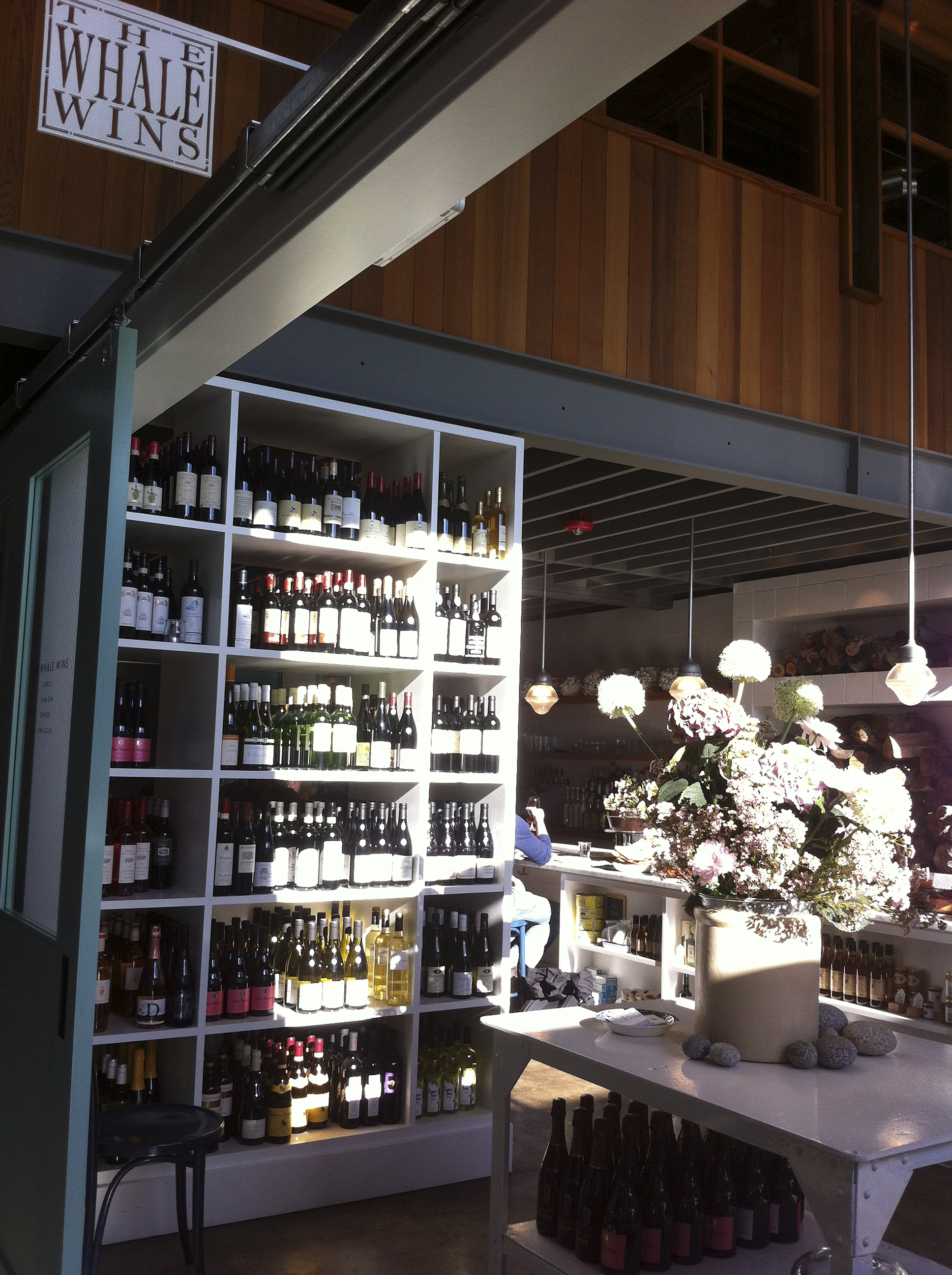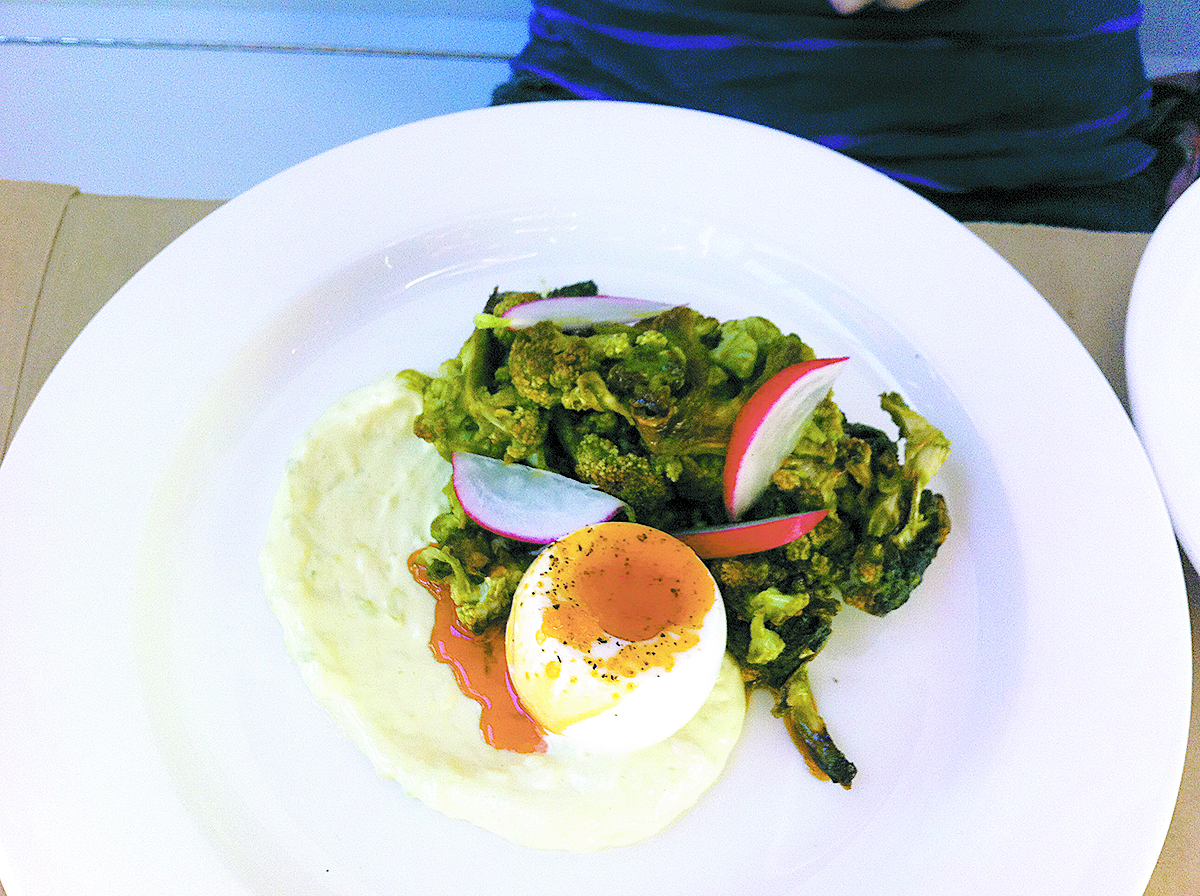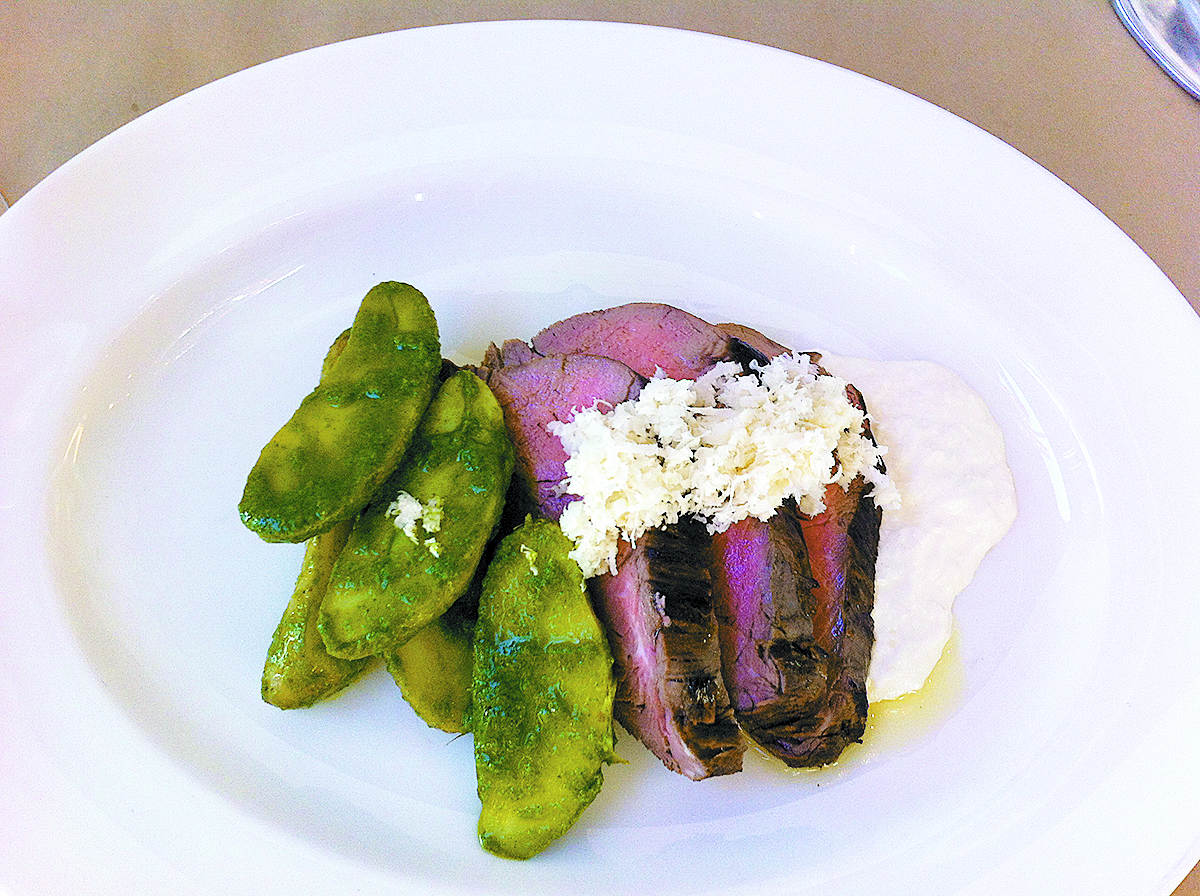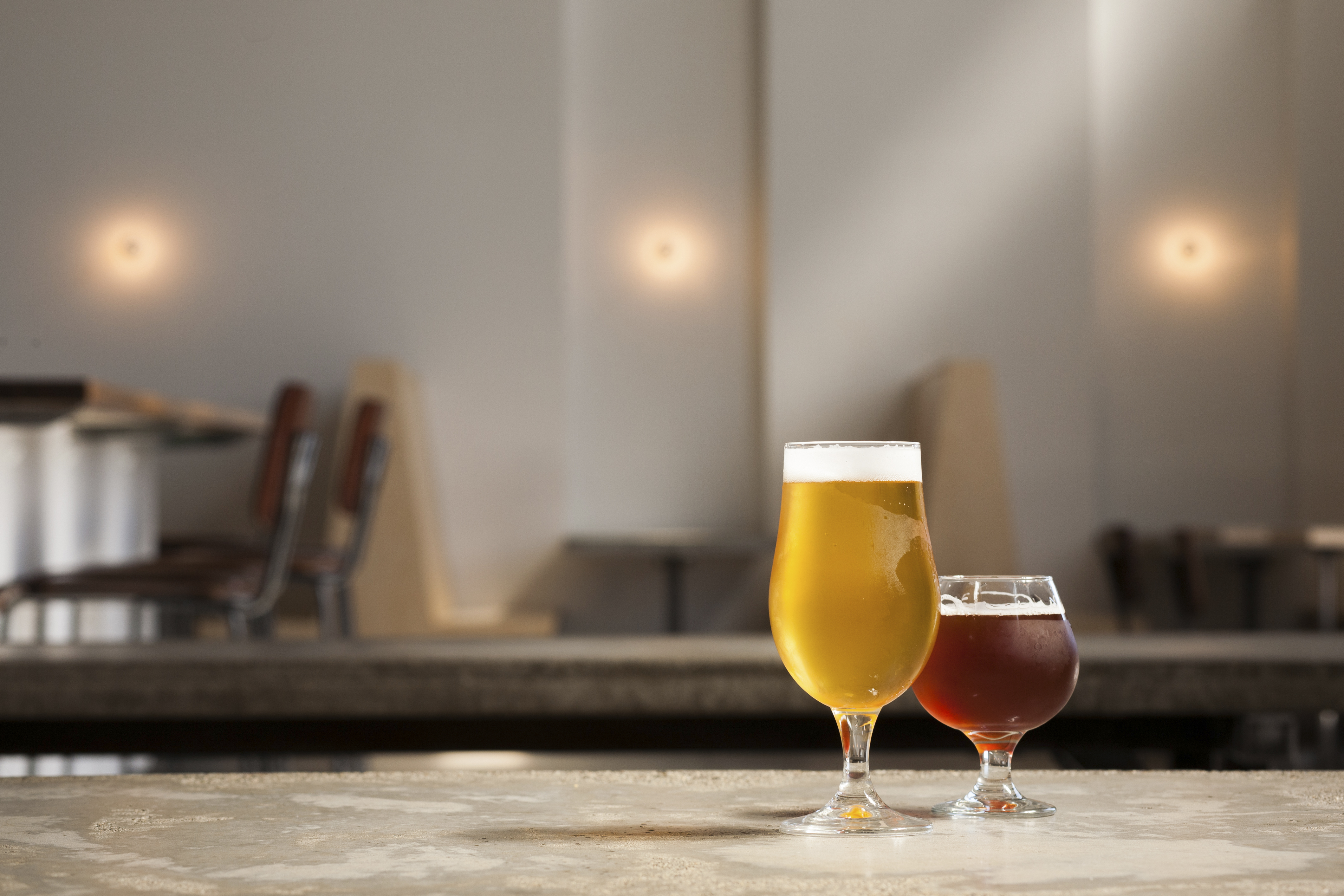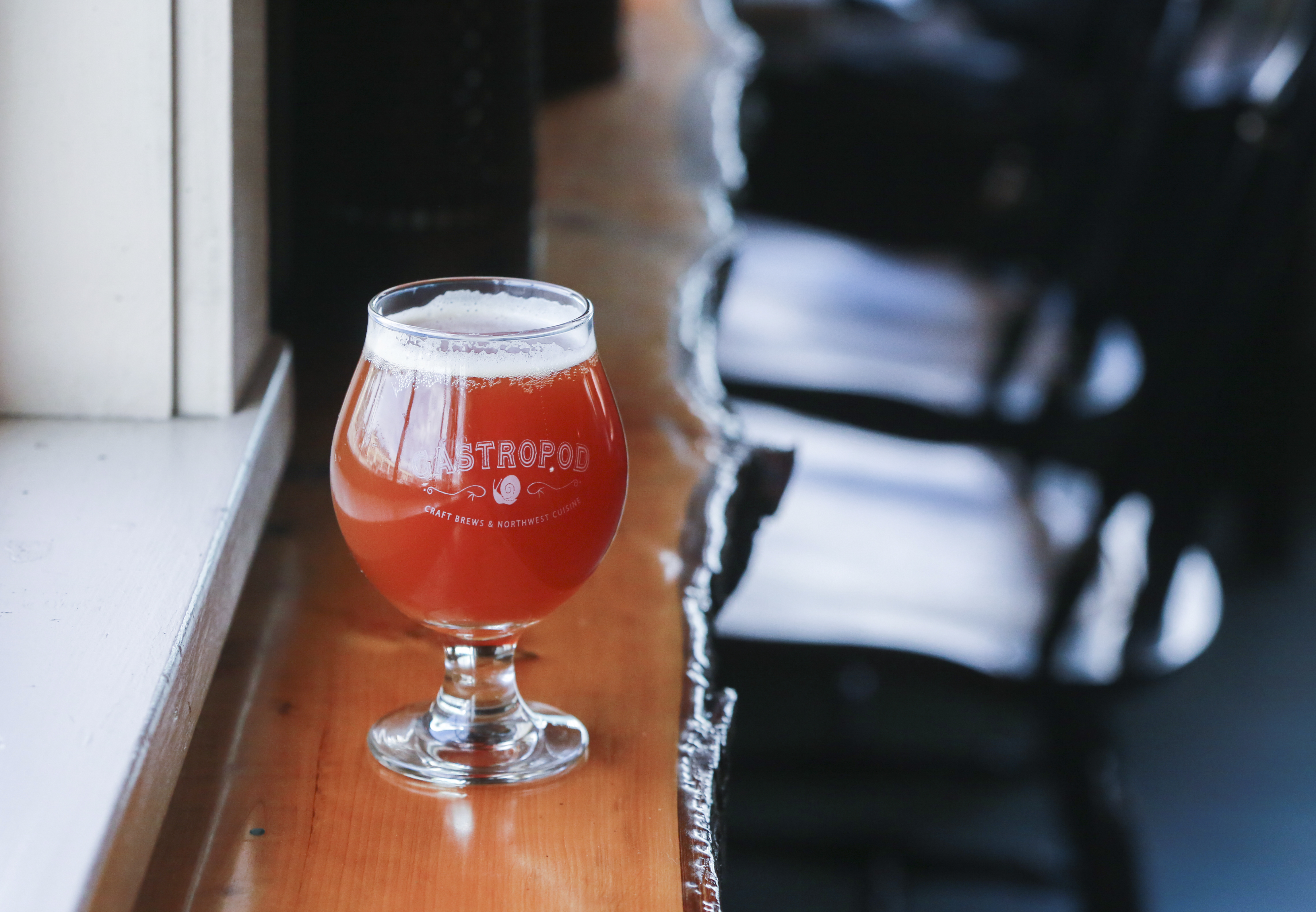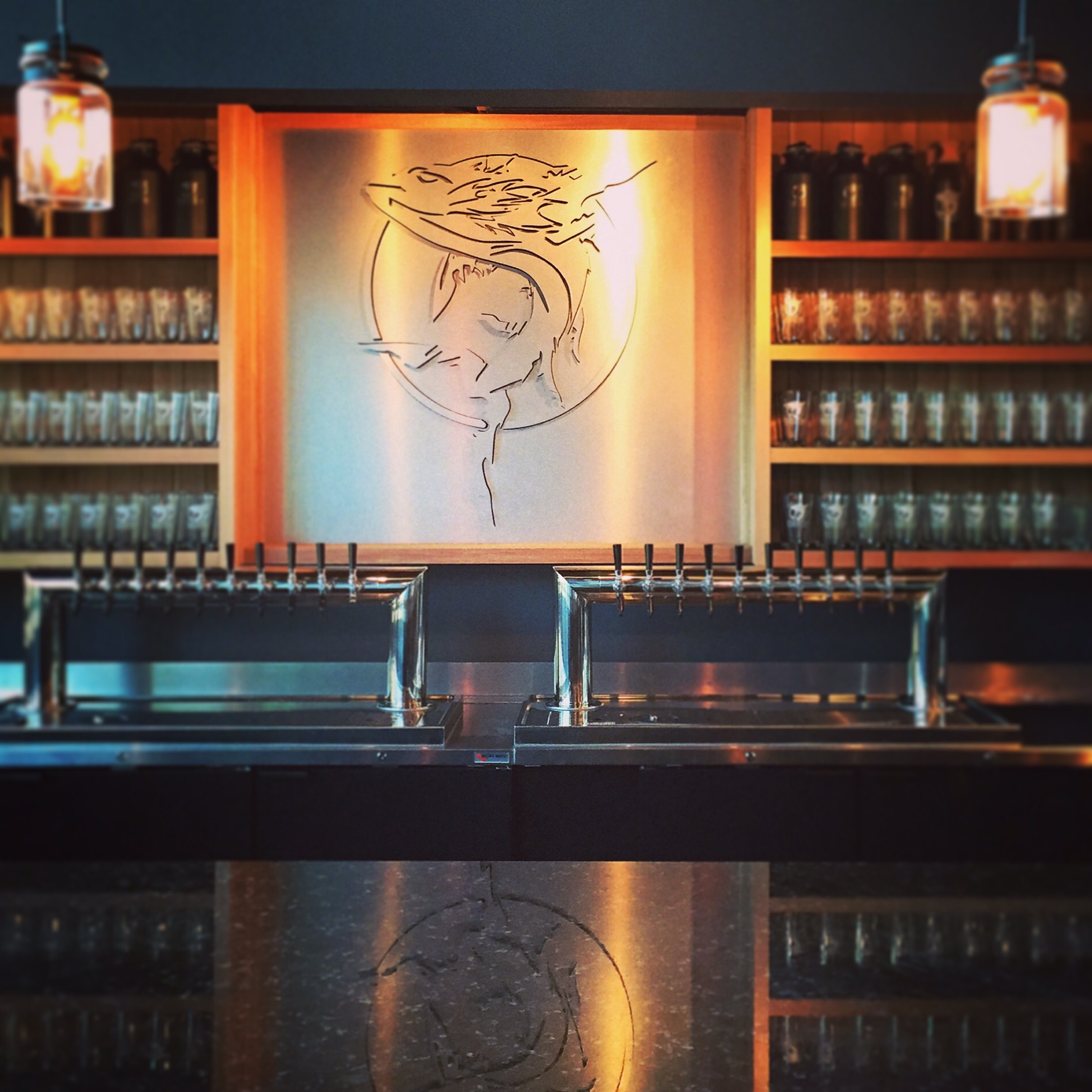Lukewarm, vegetable-centric meals probably don’t rank too high on most diners’ lists, but Renee Erickson is doing it anyway.
And succeeding. One of the chef’s newest ventures is The Whale Wins, occupying an airy half of the Fremont Collective building on Stone Way. Erickson says serving this type of food has been a challenge, but judging by the long waits for a table and the overwhelmingly positive reviews, it’s working.
Erickson’s culinary prowess is certainly part of that success, but she gives ample credit to the farmers, fishers, and foragers who keep her stocked with high-quality local ingredients.
This spring, vegetables like Willowood Farms’ pea vines are the stars of the menu, along with Painted Hills filet mignon, Ballard Bee Company honey, and Hama Hama clams. I visited recently and dove into an indulgent roasted-cauliflower salad with a rich, green garlic aioli, a bright cilantro vinaigrette, and a six-minute egg. Next came the filet mignon on a smear of fresh horseradish cream, next to potato wedges slathered with sauce verte. (To be clear, there are lots of meat dishes on the menu, but vegetables feature heavily.) The dishes are meant to be shared, family-style, but good luck with that.
“It definitely costs more, but for me, to have to hardly do anything to something to make it taste delicious is such a dream and so rewarding as a cook,” Erickson says. “We can stick a carrot in our wood oven and put olive oil and salt on it, and it is better than any carrot I can buy in a grocery store and that’s great. The vegetables are fresher and have more vibrancy.” About 80 percent of her menu is locally sourced from Oregon and Washington, with some seafood from Alaska.
Working with local farmers means The Whale’s menu is “predominantly seasonal,” which Erickson sees as a challenge and an opportunity for creativity. “I think it’s really exciting as a cook to get to always have something new come in,” she says. But winter keeps her on her toes. Her selection is largely limited to root vegetables, which can get old. “You get real tired of stuff,” Erickson says.
She’ll source some citrus and avocadoes from California, but she gets creative with turnips, squash, radicchio, and bitter lettuces, and she’s noticed the variety increasing. “The great thing is that as the restaurant industry in Seattle has grown, so have the farmers.”
Still, there’s nothing like spring. “We all get real tired of parsnips by the end of winter, so when there’s a little bit of sun and stuff starts to grow again, it gets really exciting. Even if it’s a flower or a broccoli plant, we’re all like, ‘Yay, it’s the best thing I’ve seen in months.’ It’s like life again. Spring is pretty powerful,” Erickson says. “By the end of summer we’re bonkers because there’s so much stuff and you want it all. Every tomato and every peach and cucumber and watermelon, and it becomes kind of like, oh my God. Especially because you know what’s around the bend, and we’re back to squash again.”
Erickson’s purveyors send her fresh sheets every weekend, which tell her what’s available the coming week. Then she’s able to plan the menu. She says she’s enjoyed developing relationships with farmers, who have become her friends. She visits their farms to check out what’s growing, and has met other farmers through those connections.
“The best part of the job is meeting these people and seeing what they do,” Erickson says. “It’s the part I really enjoy the most. You make friends, and people look out for you. It’s this really great relationship with people that want to do the best for you.”
food@seattleweekly.com
THE WHALE WINS 3506 Stone Way N, 632-9425, thewhalewins.com. 11 a.m.–10 p.m. Mon.–Sat., 11 a.m.– 9 p.m. Sun.
